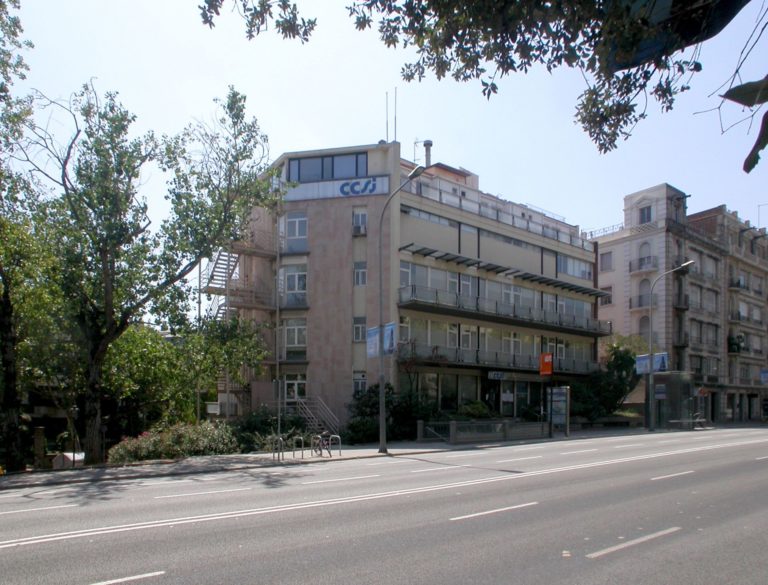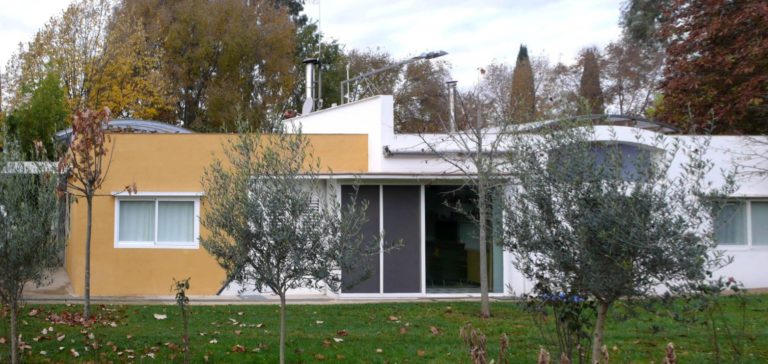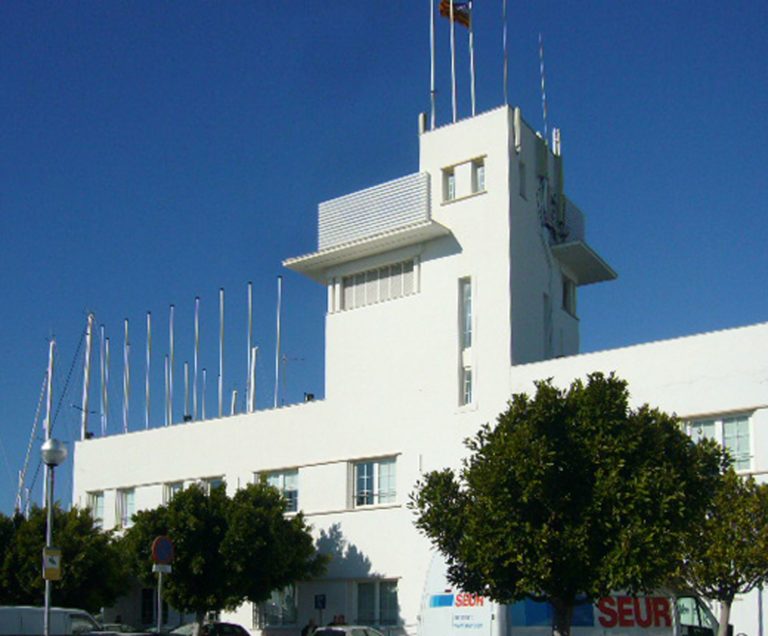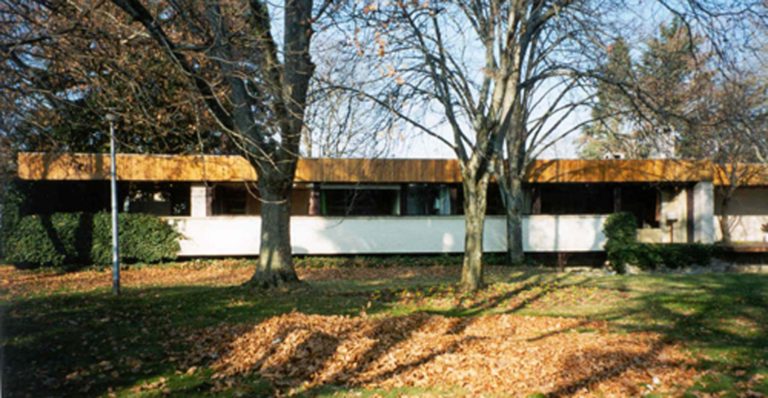Abstract
The research is originated from the concern of understanding the role of architecture in a complex social phenomenon, as is the tangibility of social abstractions through institutions. lt is studied why and how this relationship between social and physical is produced in architecture, and specifically, how it is manifested in the case of the State of Chile, in a singular political social period, marked by a republican ethical sense. This investigation is born from the need to understand the role architecture has in the materialization of social abstractions through institutions, beyond stylistic or formal considerations. lt allows to demonstrate that the recognition of the main architectural works is simultaneously a recognition of a social volition which has an ethical and value-based character that is embodied in architecture, in parallel to its own spatial and technical values. Projects therefore are a social co-construction, a specific praxis that changes the behavior of the daily social life organization. History is observed in relation to a specific project and the categories of its time and its society, because they are a product of an evolution based on a social dialogue. The sociocentrism is revalidated in the study of architecture and history in general. The investigation is divided into three parts: first, an elaboration of a theoretical framework that addresses the concepts of abstraction, dialog and identity, as parts of a social significance process. This framework is orientated to explain the existence and strengthening of social abstractions that acquire identity by means of a social dialog and that operate over certain institutions to configure them as ideological state apparatuses. Second, an elaboration of the development of the Chilean state and its actions in the 1932-1973 period, in function of a group of ideas that are key to understand the institutions which establish a modern ethos, associated to social progress ideas. Third, the focus is on specifically, how the state has materialized a certain architecture, which has played a relevant social role in the configuration ofthe nation·s identity, through 8 key buildings: the Law School of the University of Chile, the Military Academy, the Votive Church of Maipu, the Bank of the State, the Medicine School of the University of Chile, the Naval Academy in Valparaíso, the Cepal Headquarters and the Ministry of Labor. These buildings were chosen from a series of public tenders, and are the most significant in the public works of the State. Finally, two emblematic cases are analyzed in depth: the Law School of the University of Chile and the Cepal Headquarters.These cases are considered paradigmatic examples of the relationship with national social abstractions: from the national developmentalist discourse to the abstraction of structural changes, which means, the ideology-utopia with which these study cases are refigured. For the Thesis is it relevant to study the state works as a whole, by its condition of being the physical support and simultaneously the testimony of an interaction between the particular abstraction of a peripheric and open mind society as the chilean one, with the generic abstractions of the dominant world culture. The study cases can be recognized as a partial synthesis situation in that interaction, and with identity value. lt is attached, in addition, a series of theoretical, historical, political annexes, that bring specific information about the study cases, that are part of the investigation, that allow timely deepening o wider frameworks to understand the presented phenomena.
Thesis not available online











